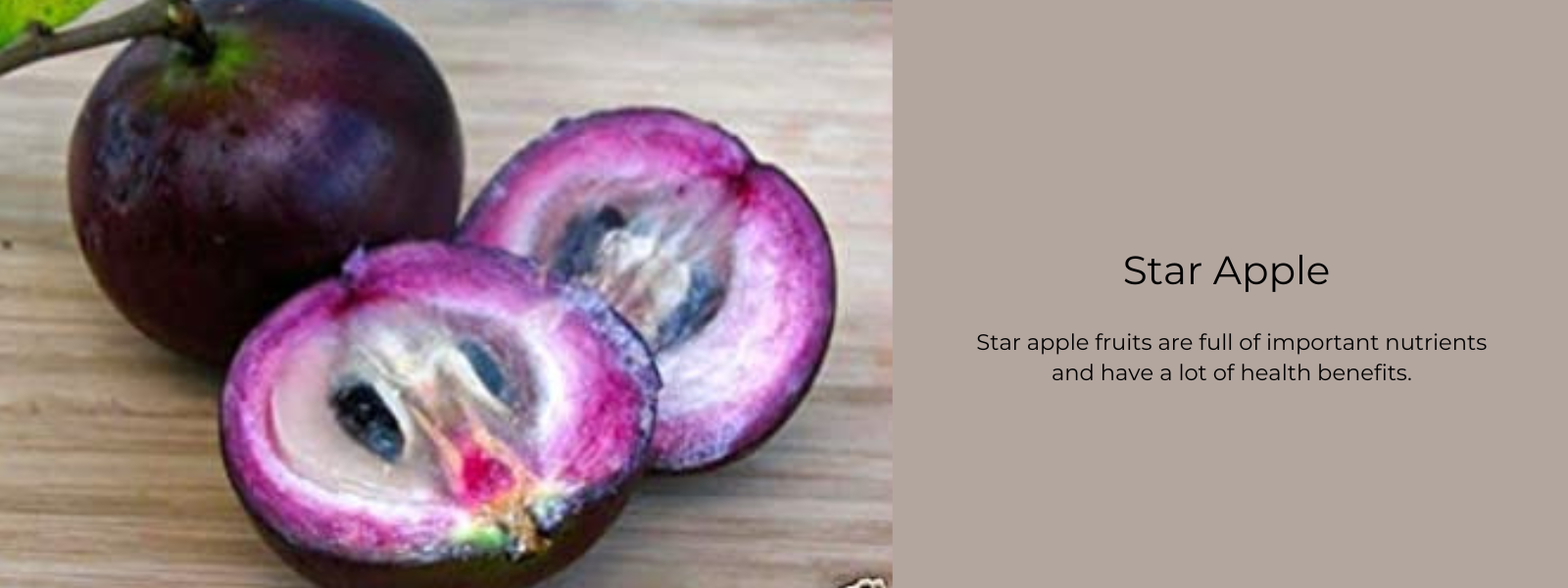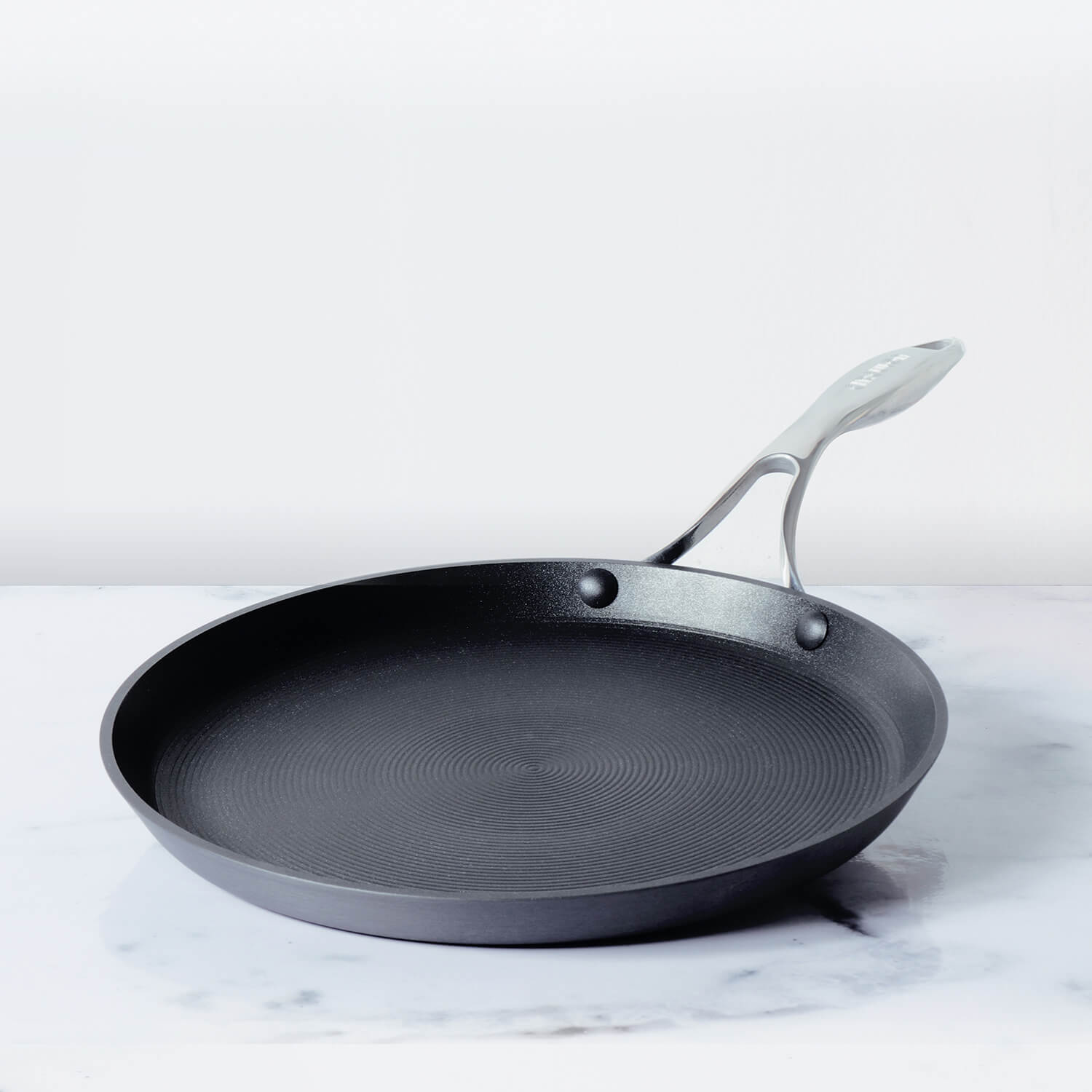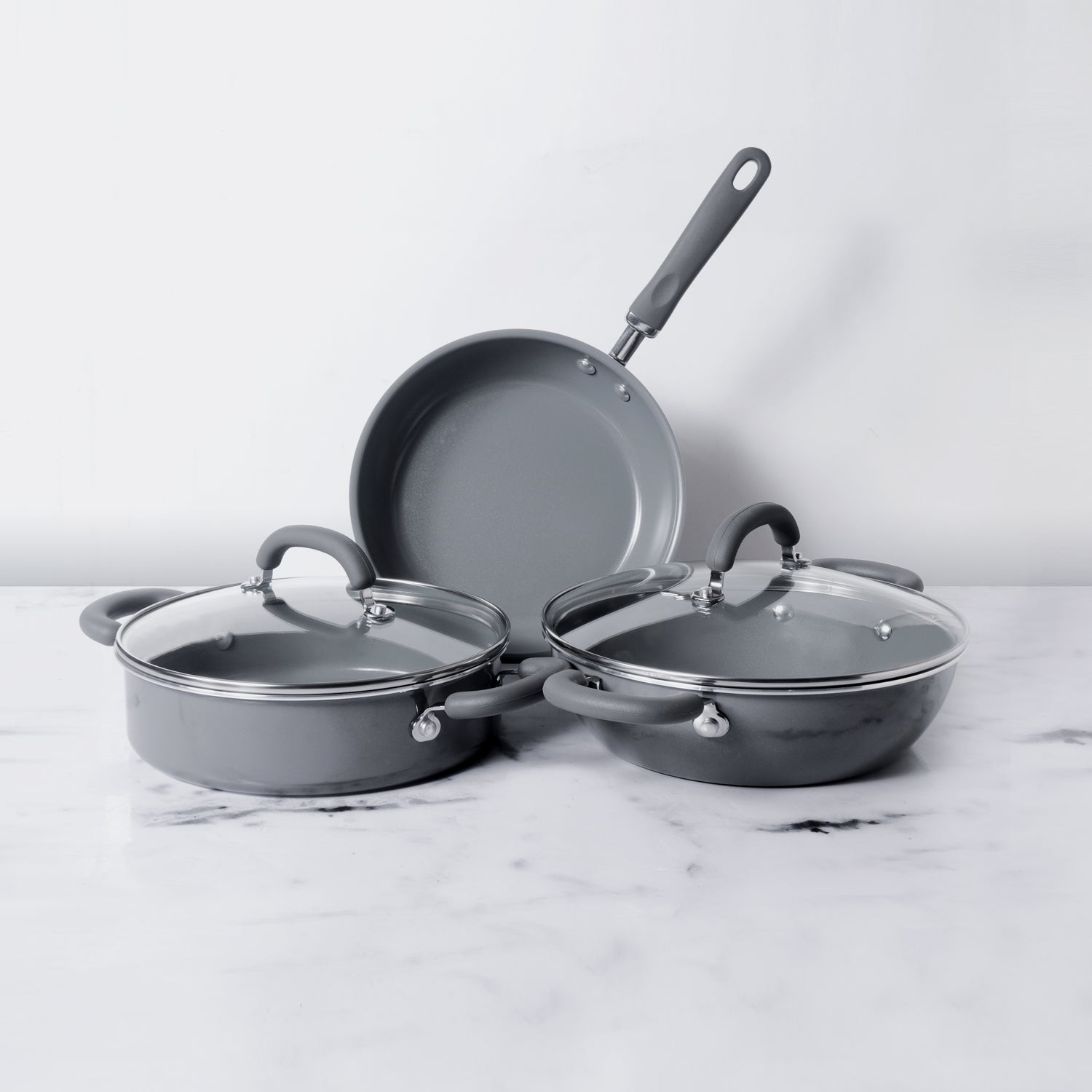Aegle marmelos, also known as bael, is a medium-sized tree with slender branches and pale brown bark that frequently oozes a tasty gum. Bael leaves are particularly unusual because they are trifoliate, which means that each leaf has between four and twelve pairs of side veins that abut at the margin.
Table of Contents
- Other names:
- Nutritional Value:
- How to use Bael:
- Health Benefits:
- Rich in Potassium:
- Rich in Calcium:
- Rich in Iron:
- Rich in Vitamins:
- Stronghold of Antioxidants:
- Beneficial for the treatment of Diarrhoea and Cholera:
- Beneficial for treatment of Diabetes:
- Beneficial for Digestion and Constipation:
- Beneficial for for Skin Problems:
- Beneficial for Controlling Cholesterol:
- Precautions/Side Effects:
- FAQ’s:
- Can diarrhoea be treated with Bael?
- Do Bael leaves provide any health benefits?
- Is Bael safe for diabetics to eat?
- Is Bael good for hair?
- Can Bael be used for Mouth Ulcers?
Other names:
Bael, or wood apple, is a native of India, Malaysia, Thailand, Sri Lanka, and other Southeast Asian nations. It is also known as Bilva in Sanskrit, Bilva Pazham in Tamil, Bilva or Maredu Phalam in Telugu, and Bengal Quince.
Nutritional Value:
|
Nutrients |
Percentage content (%) |
|
Proteins |
1.8 |
|
Fats |
0.3 |
|
Minerals |
1.7 |
|
Fibre |
2.9 |
|
Carbohydrates |
31.8 |
|
Calcium |
0.085 |
|
Phosphorous |
0.050 |
|
Potassium |
0.60 |
|
Vitamin C |
0.008 |
Other than these nutrients, it also contains various essential amino acids, vitamins B1 and B2 and phytochemicals. contains the highest amount of alkaloids, flavonoids and tannins compared to other medicinal plants.
How to use Bael:
All of the components of the traditional medicinal plant bael are used because they have different therapeutic benefits.
The parts that can be used are:
Leaves
Flowers
Root bark
Fruit (both ripe and unripe)
Seed
Health Benefits:
Bael has a wealth of nutrients, including calcium, potassium, iron, vitamins A, B1, B2, and C. Let’s talk about the health benefits in detail:
Rich in Potassium:
Bael is a suitable fruit for those with hypertension due to its high potassium content. It stops the arteries from hardening, which lowers the risk of stroke and stops heart problems. The abundance of potassium in beel aids in the removal of salt through the urine while also reducing blood vessel wall tension, which lowers blood pressure and treats the many symptoms of hypertension.
Rich in Calcium:
The second most abundant element in Bael is calcium, which is essential for strong bones. It contributes to the development of stronger teeth and bones and guards against osteoporosis. It also has a significant impact in limiting blood loss in cases of injuries.
Rich in Iron:
Due to its high iron content, bael functions as a natural blood purifier by raising the level of red blood cells and haemoglobin in the blood. People who have anaemia can benefit greatly from it.
Rich in Vitamins:
Numerous health advantages result from bael's vitamin content. Because it contains a lot of vitamins A, B, and C, bael is the best fruit to eat for treating eye, stomach, heart, and skin conditions as well as for protecting the body from infections and boosting immunity in general.
Stronghold of Antioxidants:
Bael is a powerful fruit against heart and liver illnesses, lowers high cholesterol, and is also helpful against many infections because to its high content of phytochemicals such flavonoids that contribute to its antioxidative characteristics.
Beneficial for the treatment of Diarrhoea and Cholera:
Shigellosis is an infection that causes diarrhoea and is used to treat cholera. The anti-bacterial, anti-parasitic, and tannic characteristics of bael assist fight against this infection. According to studies, those who consumed ripe bael in the form of juice or simply the pulp were cured of cholera and diarrhoea.
Beneficial for treatment of Diabetes:
The medicinal ingredient "Feronia gum," which is found in the bark and branches of the bael tree, has purportedly demonstrated beneficial qualities in the management of diabetes. It controls the release of insulin from the body's cells into the blood, and bael's low glycemic index keeps blood sugar levels stable.
People with diabetes have found benefits from drinking a glass of bael juice every morning—just not on an empty stomach.
Beneficial for Digestion and Constipation:
Due to its anti-bacterial and anti-fungal characteristics, bael is an excellent fruit for treating various digestive problems. It is advised for those who have stomach ulcers since the strong tannin content of its leaves lowers inflammation. Bael's laxative effects aid in intestinal cleaning and guard against constipation.
Constipation can be effectively treated by regularly consuming Bael juice with a touch of salt and pepper.
Beneficial for for Skin Problems:
Bael is extremely efficient against skin infections, treats various skin conditions, and promotes skin health because it has anti-bacterial characteristics.
Beneficial for Controlling Cholesterol:
Bael is fundamental in the body's detoxification process since it eliminates AMA poisons. It regulates triglycerides, serum, and tissue lipid profiles and lessens the buildup of LDL cholesterol (also known as bad cholesterol or low-density lipoproteins) in the body. This effect enhances metabolism and speeds up weight loss in the body.
Precautions/Side Effects:
Before using bael for its potential health benefits, especially by pregnant women, nursing mothers, elderly people, and children, you should make sure to follow general safety precautions. For its use in particular circumstances, an Ayurvedic doctor should be consulted since they would recommend the right dosage and form. Kindly do not self-medicate.
FAQ’s:
Can diarrhoea be treated with Bael?
For diarrhoea, bael can be beneficial. Due to its possible activity against numerous bacteria that may cause diarrhoea, it has been used for millennia to treat it.
Do Bael leaves provide any health benefits?
Bael leaves can be useful for treating numerous viral disorders, high blood cholesterol, and excessive blood sugar levels, among other conditions.
Is Bael safe for diabetics to eat?
Bael may be suitable for diabetic patients to eat. It has diabetic-preventing and blood sugar-lowering effects.
Is Bael good for hair?
The plant's anti-microbial properties can be used to treat dandruff, folliculitis, and other scalp and hair problems. It enhances blood circulation, feeds the hair follicles with vital nutrients, and fortifies the hair strands from the roots up.
Can Bael be used for Mouth Ulcers?
Bael is incredibly successful in treating a variety of stomach ulcers, including peptic and ulcerative colitis, as well as colic pain. The pulp of the bael, when applied to ulcers or blisters inside the mouth, has calming effects that hasten the healing process.











Leave a comment